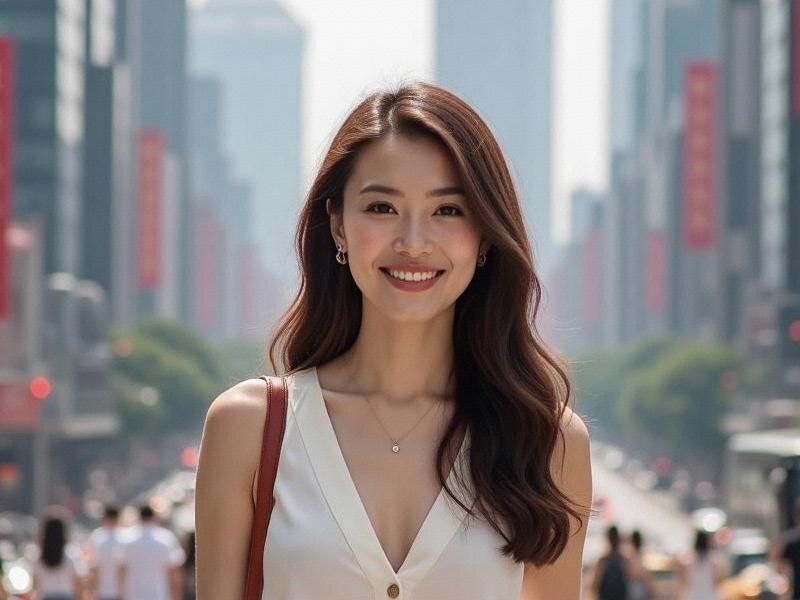An investigative report on Shanghai's evolving high-end entertainment scene where traditional KTV culture meets global luxury standards

The LED dragon sculpture above Cloud Nine's entrance pulses to the bassline as Mercedes-Maybachs discharge well-heeled patrons into Shanghai's most exclusive entertainment complex. This is the new face of a ¥50 billion industry undergoing radical transformation.
Chapter 1: From Karaoke Boxes to Multisensory Palaces
The once-ubiquitous KTV parlors along Changning Road have given way to venues like "Muse 2.0" - a 12-story wonderland combining private singing suites with VR golf simulators and whisky libraries. General Manager Vincent Xu explains: "Today's clients want Instagrammable experiences, not just microphone time." Industry data shows 73% of premium venues now incorporate art installations or performance elements.
爱上海419论坛 Chapter 2: The Concierge Economy
At The Chamber Club near the Bund, "experience architects" like former luxury hotelier Emma Zhao craft personalized itineraries blending mixology masterclasses with private Peking opera performances. "We're seeing demand for cultural depth," Zhao notes while adjusting a digital menu showcasing 1920s Shanghai cocktail recreations. Membership fees start at ¥288,000 annually.
Chapter 3: The Tech Infusion
上海龙凤419足疗按摩 Holographic hostesses greet guests at AI-powered venue "Neon Dreams," where facial recognition systems suggest drinks based on mood analysis. Founder Leo Wang demonstrates how blockchain technology verifies the provenance of rare cognacs: "Transparency builds trust with our UHNW clientele." Over 60% of high-end clubs now employ some form of biometric technology.
Chapter 4: The Cultural Tightrope
While venues like "Jade Pavilion" attract foreign executives with authentic tea ceremony rooms, others court controversy by blending traditional erhu music with EDM beats. Cultural scholar Dr. Liang from Fudan University warns: "There's fine line between innovation and appropriation in these spaces."
上海龙凤419体验
Chapter 5: The Regulatory Dance
Following 2024's "Clean Entertainment" campaign, establishments like Cloud Nine employ full-time compliance officers. "We train staff to recognize 57 types of inappropriate behavior," says HR director Mia Chen, showing their AI-powered monitoring system that flags potential violations without compromising privacy.
Epilogue: The Future of Night
As dawn breaks over the Huangpu River, the last guests depart Dynasty Club's rooftop champagne terrace. What began as simple entertainment venues have evolved into complex cultural nexuses - microcosms of Shanghai's eternal balancing act between preservation and progress. With the city aiming to become Asia's premium leisure capital by 2030, these spaces aren't just selling nights out, but carefully curated dreams.